Retro Replay Review
Gameplay
Crazy Cubes offers a refreshingly challenging puzzle experience by tasking players with guiding two or more balls through a maze of intricate tiles to reach a designated exit. Each level is thoughtfully constructed with a variety of tiles—some that block movement, others that redirect the balls in only one direction, plus bombs, mirrors, bonus point tiles, and the enigmatic lightning tile that can either eliminate a ball or spawn a new obstacle. Mastering the unique properties of each tile type is essential; trial and error quickly gives way to strategic planning as you learn to chain reflections off mirrors or deftly trigger bombs to clear blocked passages.
(HEY YOU!! We hope you enjoy! We try not to run ads. So basically, this is a very expensive hobby running this site. Please consider joining us for updates, forums, and more. Network w/ us to make some cash or friends while retro gaming, and you can win some free retro games for posting. Okay, carry on 👍)
Controls are intentionally simple yet demand precise timing: using the joystick to aim, you must press the fire button to set the balls in motion, and once activated, they continue until they hit an obstacle or the edge of the arena. This “set-and-forget” dynamic turns each level into a careful exercise in prediction, as you anticipate the balls’ trajectories and account for chain reactions. Add a strict time limit per level, and Crazy Cubes transforms from a leisurely maze game into a nerve-racking race against the clock.
To keep the momentum fresh, Crazy Cubes breaks up the core labyrinth challenges with qualifying games at certain intervals. Players can choose to enter a retro arcade-style mini-game—Asteroids, Formula 1, or Lunar—or opt for a three-question quiz on pop culture trivia. Successful completion of these qualifiers unlocks the next batch of labyrinth levels, rewarding both puzzle-savvy and dexterous players with a varied gameplay loop that cleverly balances brain-teasing mazes with fast-paced action or quick trivia breaks.
Graphics
Built for high-resolution displays, Crazy Cubes sports crisp, colorful tiles that pop against the darker background of each level. The clarity of each tile type—from the glowing blue of the lightning squares to the fiery red of bomb tiles—allows players to quickly identify the elements they need to navigate. Animations are smooth and purposeful: watching a ball ricochet off a mirror or vanish in a lightning strike feels satisfying, with just the right amount of visual feedback to keep the screen dynamic without causing clutter.
Level designs are distinct yet consistent in style, featuring clean geometric patterns that emphasize the game’s puzzle-focused nature. Subtle lighting effects and particle bursts when bombs detonate or when the lightning tile activates add a dash of flair without overwhelming the player’s attention. While there’s no elaborate 3D modeling or cinematic cutscenes, the minimalist aesthetic works in the game’s favor by keeping the eye drawn to the moving balls and the next critical tile interaction.
On modern displays, Crazy Cubes holds up surprisingly well. The UI elements—timers, score counters, and level indicators—are unobtrusive but easily legible, maintaining the delicate balance between providing necessary information and preserving the immersive labyrinth environment. The consistent frame rate ensures split-second precision is possible, making it a reliable title for both casual puzzlers and completionists seeking pixel-perfect maneuvers.
Story
Crazy Cubes does not rely on a traditional narrative to propel players forward; instead, its “story” unfolds through escalating difficulty and inventive level mechanics. The game presents itself as a series of computational arenas, each representing a deeper layer of a mysterious grid-like world. As players progress, the increasing complexity of tile interactions and time pressures implies an overarching journey through a digital realm that tests both logic and reflexes.
The occasional qualifying games and pop-culture quizzes serve as lighthearted detours, suggesting that your dual spheres of energy are not on a linear mission but are instead traversing an unpredictable landscape filled with surprises. Though there are no voiced characters or scripted cutscenes, these gameplay intermissions contribute a sense of personality and break up the intensity of the core puzzles, hinting at a playful universe behind the cubes.
For players who crave lore, the absence of an explicit backstory may feel underwhelming. However, the game’s design intention seems clear: the narrative is one you write with each creative solution and each near-miss against the ticking clock. In this way, Crazy Cubes invites players to imbue their own meaning into the experience, turning every triumph over a fiendishly designed level into a personal victory within its abstract world.
Overall Experience
Crazy Cubes stands out as a uniquely addictive puzzle title that merges strategic planning with lightning-fast reactions. Its simple control scheme belies a deep learning curve that rewards patience, experimentation, and quick thinking. Whether you’re a seasoned maze-solver or someone looking for a fresh twist on block-pushing puzzles, Crazy Cubes offers layers of challenge that keep you coming back for “just one more try.”
The inclusion of qualifying mini-games and trivia quizzes broadens the appeal, giving the experience a rhythm that alternates between contemplative puzzle-solving and bursts of arcade-style intensity. This variety ensures the game rarely feels repetitive, and the ability to choose which mini-game to tackle adds a welcome element of player agency. It’s a clever way to maintain pacing and prevent puzzle fatigue without resorting to filler content.
Ultimately, Crazy Cubes is best enjoyed in short sessions, where you can focus on mastering a handful of levels before taking a break. Its polish, tight controls, and inventive tile mechanics make it a standout for fans of the genre. While the lack of a traditional story framework may deter narrative-focused gamers, those seeking a brain-teasing challenge wrapped in bright visuals and varied gameplay modes will find a lot to love here. If you have a penchant for puzzles and a desire to test both your puzzle logic and reflexes, Crazy Cubes is well worth your time.
 Retro Replay Retro Replay gaming reviews, news, emulation, geek stuff and more!
Retro Replay Retro Replay gaming reviews, news, emulation, geek stuff and more!
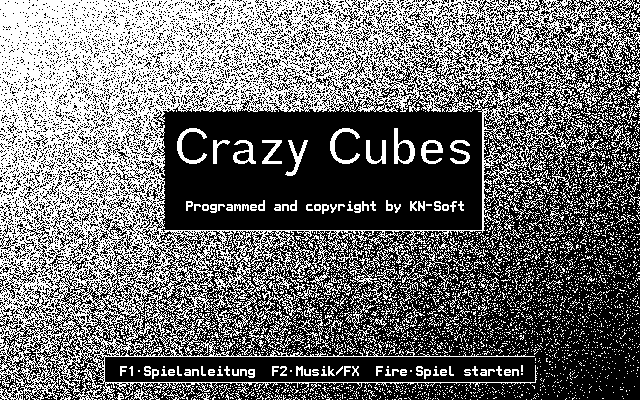
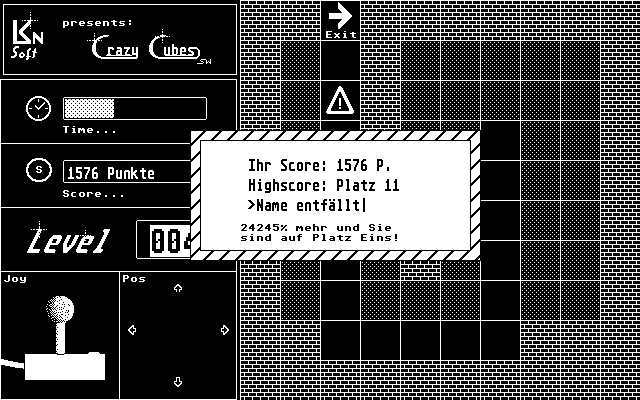
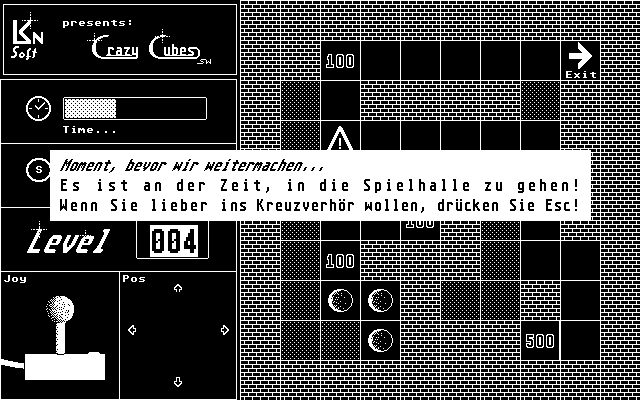

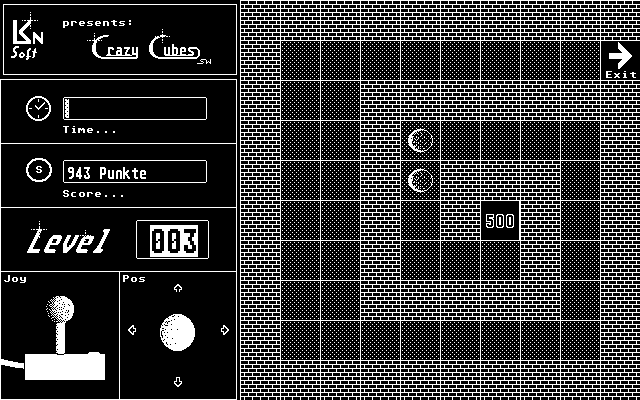
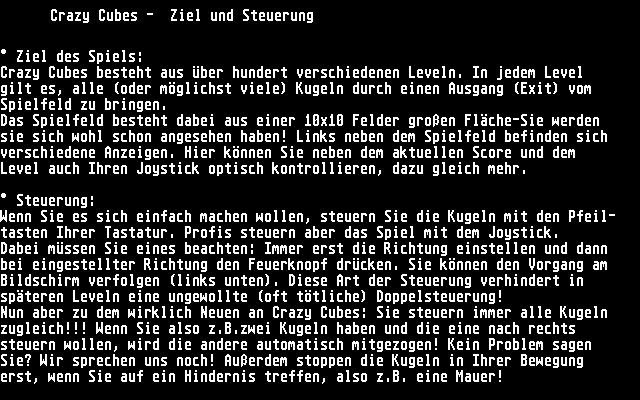


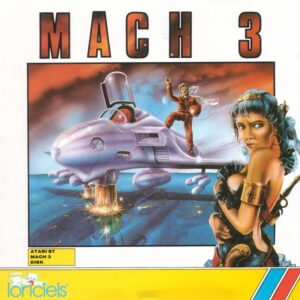
Reviews
There are no reviews yet.